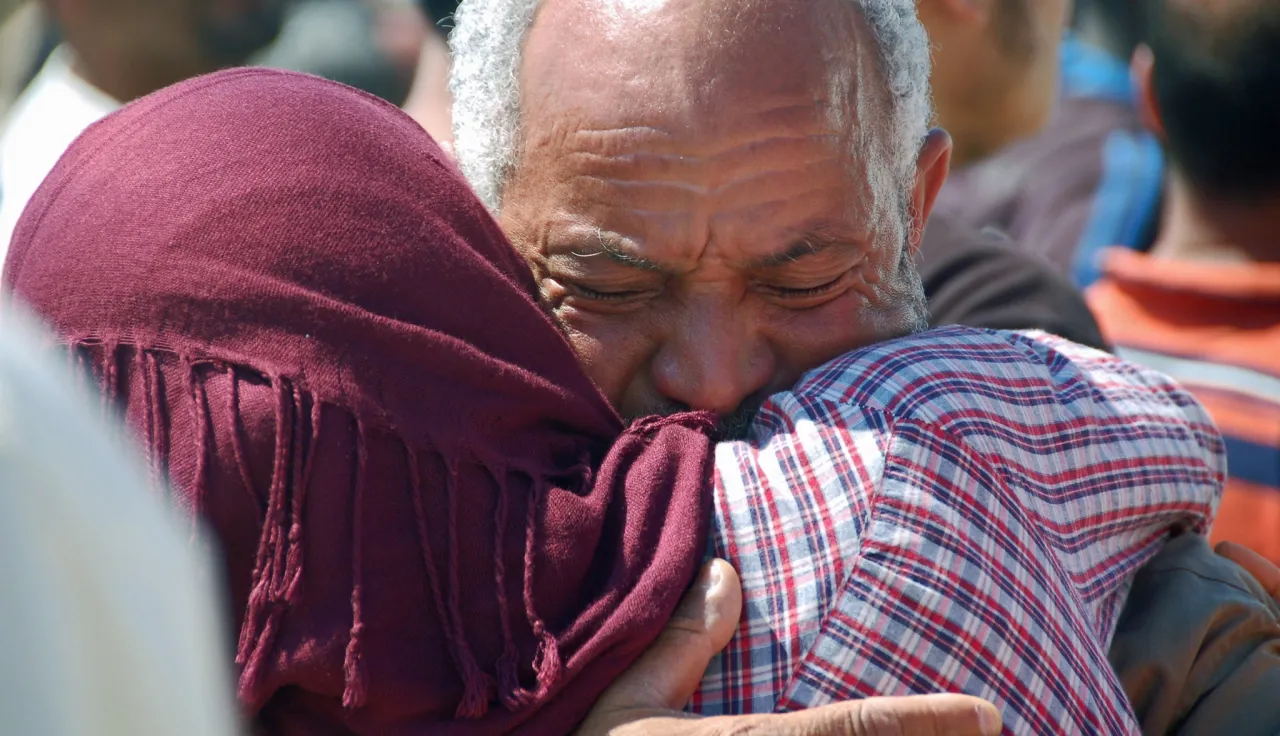Policy paper: Missing migrants

Every day around the world, an alarming number of migrants go missing, either in transit, or in destination countries. They may be alive but unable to establish contact with their families for a variety of reasons. They may have perished during dangerous journeys over land or sea, or even at destination, and their remains lie in unmarked graves around the world, anonymous and deprived of their identity and dignity.
For every missing migrant, there is a family living in uncertainty ‒ not knowing if their relative is dead or alive. Alongside the emotional turmoil linked to the disappearance and to the search, missing migrants' families can face numerous practical challenges that put their daily life on hold: they often struggle to access social benefits, sell or manage property or inheritance, remarry, or exercise parental rights until the fate of their relative is clarified.
This is an often invisible humanitarian consequence of migration.
Preventing migrants from going missing and finding them if they do is a global challenge - it requires concerted action at transnational level. Current discussions on the future Global Compact for Safe, Orderly and Regular Migration and the Global Compact on Refugees offer a unique opportunity for the international community to address this challenge collectively.
This paper outlines 13 recommendations that can help States prevent migrants from going missing, search for them if they do and support families throughout the process. It draws from the ICRC's long-standing experience working on behalf of missing persons and their families in armed conflict, as many approaches and lessons-learned can be distilled and applied to the situation of missing migrants.
The paper is also based on recent experiences of the ICRC and National Red Cross and Red Crescent Societies more specifically focused on missing migrants and their families.
Read the full report here.



